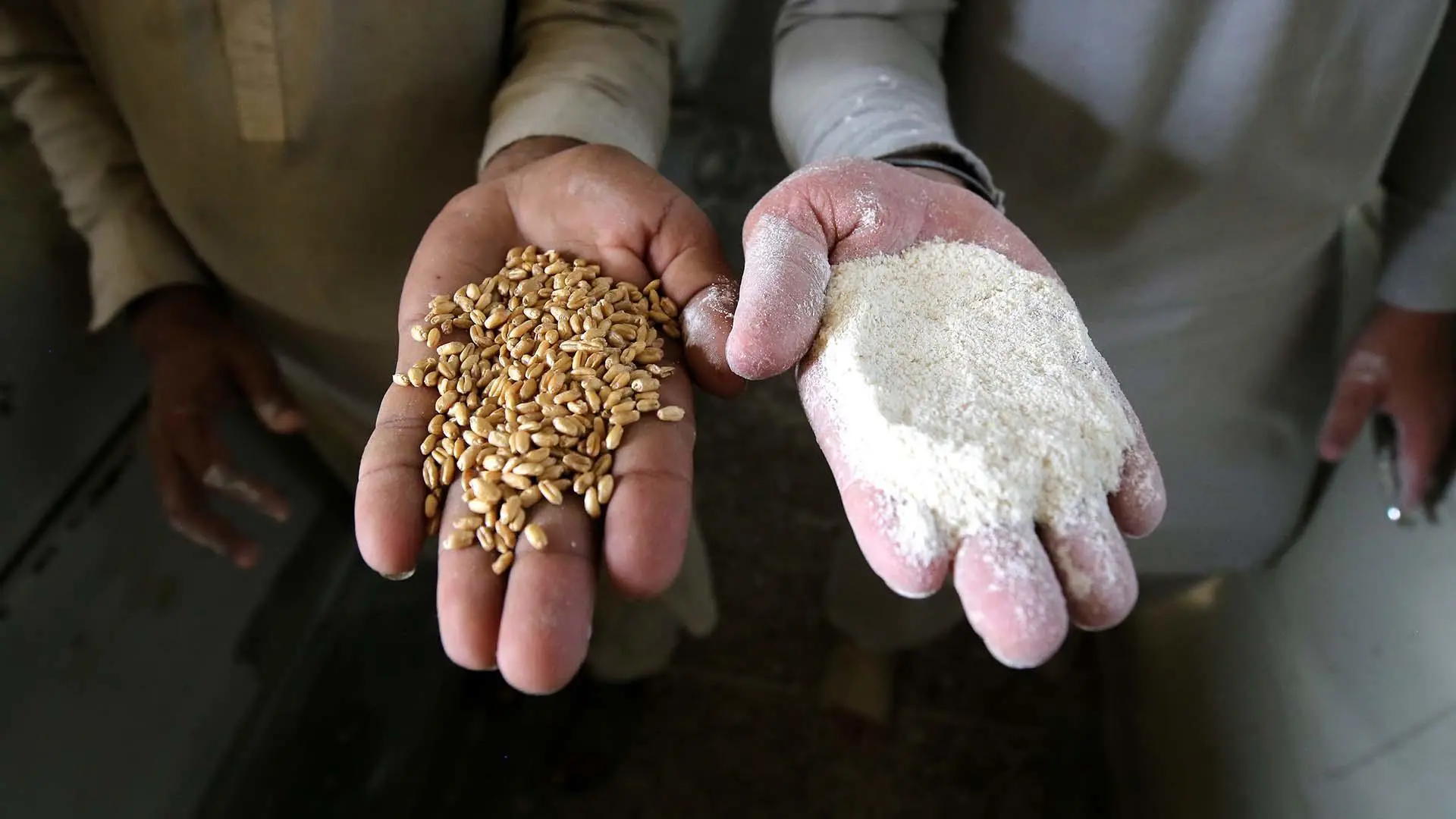Dr. Sadia Fatima, Assistant Professor at Khyber Medical University, Pakistan
On 20 February 2020, the first confirmed corona virus case was reported in Pakistan and on March 18, many cases were reported from all over the country. With the outbreak of this pandemic, the Pakistan Government decided to implement lockdown throughout the country that closed all the educational and research institutes leading to cessation of almost all the research projects in the country including our project i.e. BiZiFED2. Our field work was suspended on 2 March 2020. During suspension period the trial was placed on 'holding pattern' with the first six-month phase of the study (families consuming control flour) extended to 22 September 2020. All efforts were made to continue the flour supply during the lockdown.
Resumption of field work
Extensive staff training for field work took place during the lockdown. Risk assessments were undertaken, and ethical approval for resumption of the field work was obtained. Field staff were fully trained for individual and others safety including respiratory and hand hygiene, physical distancing and use of Personal Protective Equipment (PPE). Standard operating procedures for the field work (SOPs) have been updated for COVID safety and shared with the community and participating households, who have also been provided with soap and disinfectants in order to encourage the hand & personal hygiene. Moreover, prior to the resumption of the field work, meetings were arranged with community leaders to hear the community point of view and to seek their permission to restart the project.
We resumed the fieldwork on 23 August. Participating households were required to consent again in the light of pandemic. Several households did decide to withdraw from the trial, the main reasons being early marriages of the participating girls and migration of households. Timepoint 3 data collection (end of phase 1) was successfully completed on 22 September 2020.
The COVID-19 infection rate is being closely monitored and no cases have been reported in our participating households to date.
Initiation and challenges in phase 2
Phase 2 (intervention phase) flour distribution started on 22 September. We faced two main challenges in flour distribution; firstly, the yield of Zincol-2016 grain harvested in May 2020 was 30% lower than expected due to heavy rainfalls. The contingency supply grown in Punjab province helped reduce the shortfall along with decline in the number of participating households in the study, we are sure that we now have sufficient supplies to provide Zincol-2016 flour to our study participants for at least five months. Secondly, due to the COVID-19 outbreak and locust attack, wheat prices increased and there was shortage of wheat in the market and demand increased. However, in spite of these challenges the flour distribution has continued thanks to the commitment of the study field team and all partners.
Second wave of COVID-19
During November 2020 Pakistan started to observe a second wave of COVID-19 cases. The Pakistan Government announced the closure of educational institutions; however, commercial activities have continued as usual. As there was rise in COVID-19 cases everywhere, a few cases have been reported in our study community during data collection but fortunately none in the participating households. However, with passage of time, if the cases rise and the situation worsens, there may be an impact on our trial. We are preparing to tackle the situation if it worsens and, if necessary, find alternative ways to collect our data and complete our trial.
The trial is due to be completed at the end of February 2021. We will let you know what happens in our next blog!

